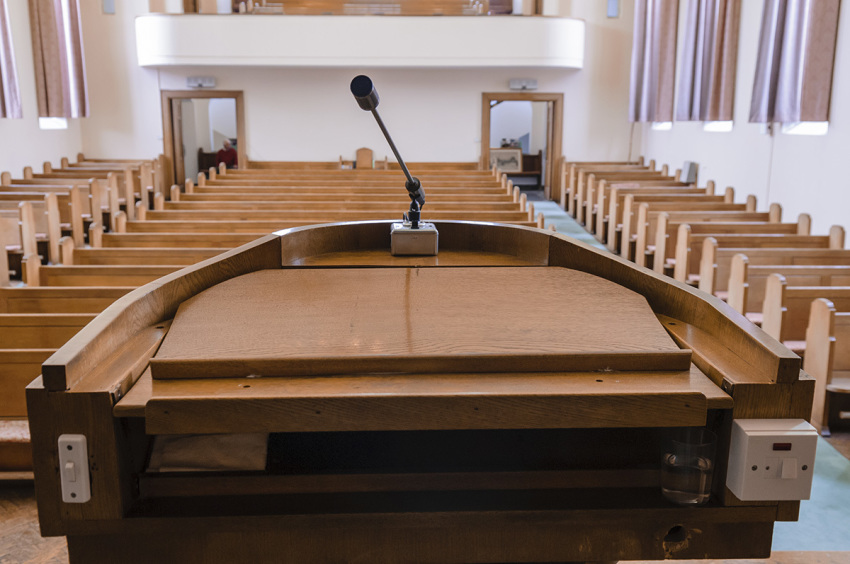Pandemic made pastoring harder, led to widespread resignations: ministry expert

The COVID-19 pandemic led to a large number of pastors resigning and exposed a need for better support for clergy, according to a longtime church leader and author who founded a group aimed at supporting pastors.
Andrew McQuitty, pastor emeritus of Irving Bible Church of Irving, Texas, and founder of the pastor support ministry the Kaleo Collective, was a guest on the Dallas Theological Seminary podcast “The Table” in an episode posted earlier this week.
McQuitty, who retired from being a senior pastor after over 30 years of service in 2019, talked about how, during the pandemic and subsequent lockdowns, the already challenging job of pastor was made harder.
McQuitty told host Bill Hendricks that around 1,500 pastors left the pastorate every month during the height of the pandemic and government lockdown measures.
“At the height of the pandemic, we were losing up to 1,500 pastors a month in this country. Their churches were locked down. And these are mostly pastors out in the hinterlands. They're not in metropolitan areas where they have a lot of peer communities,” McQuitty explained.
“When they got locked down, they had no people coming to church. Therefore, they had no money flowing in. They had no encouragement, and they were just withering on the vine.”
McQuitty, who said he felt “really guilty” about retiring the year before the pandemic began, explained that the dire situation inspired him to launch his pastor support ministry, Kaleo Collective.
Another factor, he said, was the “remembrance of my peers that kept me going here in Dallas for 30 years” and helped him out when he was a senior pastor.
McQuitty said he and other prominent pastors in Dallas-Fort Worth "used to get together once a month" for support and comradery" and he wanted to create that for other pastors.
“And I thought, that's all I want to do. I want to find a way to facilitate guys getting together in peer communities where they can deal with soul care issues and leadership best practices, where they can become a band of brothers who have enduring not just relationships, but friendships.”
McQuitty also spoke about how being a pastor has long been harder than secular leadership positions, noting that those positions, like civilian employers or the military, can compel people to follow by threatening them with things like punishment or dismissal.
Instead, McQuitty felt that a good comparison to pastors was that of football coaches, since, in both circumstances, “everybody in the stands think they know what you should do.”
He also contrasted secular leaders and church leaders, noting that the latter is more likely to have to make “spiritual and political decisions” for those who follow them, not just policy and financial decisions.
“I just think that the pressure of all that is just too much. There is too much demanded of pastors today than what their training and experience has prepared them for,” he said.
McQuitty’s remarks and his ministry come at a time when churches in the United States are experiencing concerns about pastoral succession, as the average age of clergy has been increasing in recent years.
According to a recent study from the Barna Group, as of last year, the average age for a Protestant pastor in the U.S. was 52, while only 16% of Protestant pastors were younger than 40.



























